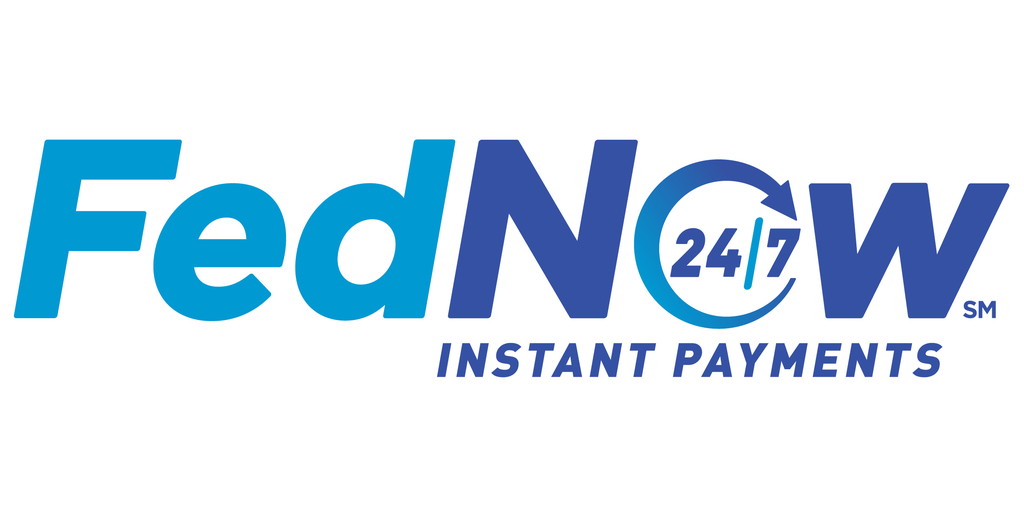In an era of rapidly evolving technology and growing demands for faster payment solutions, the Federal Reserve in the United States is preparing to launch FedNow, a ground-breaking real-time payment system. FedNow aims to revolutionise the way funds are transferred, providing individuals and businesses with the ability to send and receive payments instantly, 24/7, 365 days a year. This introduction of FedNow signifies a significant step towards a more efficient, secure, and accessible payment infrastructure in the United States.
FedNow is the first government-created and backed site in the United States that allows banks to send and receive payments instantly. With FedNow you should be able to make payments—say, on your mortgage or your loan payments—in seconds. Instead of having to wait several days for an online payment to clear or up to a week for a cheque to be processed, you'll be able to transfer payments on the due date. Online real-time invoice payments will be available to business owners.
According to the FedNow website, its launch will take place in phases, with the initial phase taking place in July 2023. As of January 2023, the testing and certification phases have been completed. Early adopters of this service are now sending test payment messages to one another using the Fedline infrastructure. Early adopters include FIs (financial institutions), processors, and service providers.
As FedNow enters the market in the middle of the year, Nick Stanescu, Senior Vice President and FedNow Business Executive, anticipates the majority of use cases to be concentrated on A2A transactions and bill pay, with payment requests "built in" to the launch. The fed also plans to introduce additional anti-fraud measures in 2024.
FedNow is designed to address the increasing need for real-time payments, offering near-instantaneous clearing and settlement of transactions. With FedNow, delays associated with traditional payment methods will become a thing of the past. Instead, individuals and businesses will experience the convenience and speed of instantaneous payments, allowing for improved cash flow management, enhanced financial flexibility, and streamlined transactions.

FedNow also aims to promote interoperability among financial institutions, allowing seamless connectivity and efficient transfers of funds across the entire financial ecosystem. The Federal Reserve envisions FedNow as a ubiquitous payment system, facilitating real-time payment services for all participating banks and payment service providers. This widespread adoption will foster competition, encourage innovation, and promote the development of new payment products and services.
FedNow could be a gamechanger, as thousands of banks already use the FEDs present slower system. With the new FedNow system, it is expected to accepted by these institutions as it is safe and backed by the government. FedNow will be available to more than 10 thousand financial institutions that operate within Feds network. The banks will have the option to participate in FedNow; they will not be compelled to do so.
As the launch of FedNow draws closer, it holds the promise of transforming the payment landscape in the United States. It represents a major advancement in the quest for faster, more secure, and more convenient payment options, aligning with the needs of a digital and interconnected economy. With FedNow, the future of payments is set to become instantaneous, seamless, and available around the clock, empowering individuals and businesses with unprecedented speed and efficiency in their financial transactions.
FedNow holds the potential to transform the payment landscape in the United States by offering faster, more secure, and more convenient payment options. By facilitating real-time payments with continuous availability, FedNow aims to improve financial transactions, enhance cash flow management, and support economic growth. Its anticipated launch represents a significant step towards a more modern and efficient payment system in the United States.
Related Blogs
9 Ways of Unlocking the Power of Employee Engagement: Driving Success and Productivity in the Workplace
Embracing LGBTQ+ Inclusion in the Workplace: Fostering an Inclusive and Vibrant Work Environment
Related Industries
FDA Compliance
Medical Devices
Clinical Research
Audit Webinar
HR Compliance
Banking and Finance
Hospital and Healthcare
Packaging and Labeling
Accounting, Payroll and Taxation
Food and beverages
Software
Miscellaneous
Pharmaceutical

